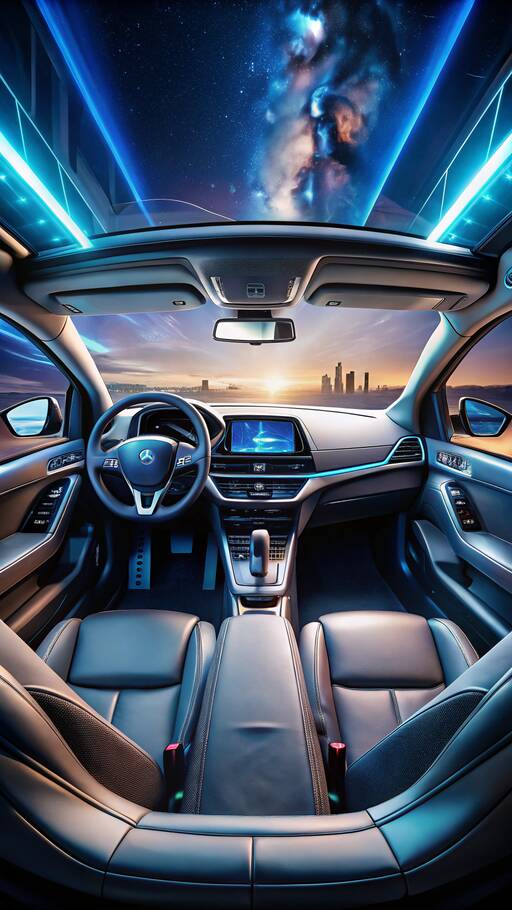
- BMW maintained its position as the top-selling premium brand, with 371,346 units sold in 2024, marking a 2.5% increase.
- The BMW i4 sedan was its most popular EV, with 23,403 units sold.
- The best-selling model overall was the X5 SUV, with 72,348 sold.
- Tesla, counting all five models as luxury, outpaced BMW with around 600,000 electric vehicles sold.
- Most sales came from the Model Y (over 350,000) and Model 3.
- Tesla's average transaction price (ATP) was $55,258.
- Increased sales by 8.8%, reaching 160,204 vehicles.
- The Lyriq EV posted strong numbers, with 28,402 units sold.
- Lexus sales rose 7.9%, reaching 345,669 units.
- Mercedes was third, with 324,528 units and a significant EV presence with the EQE.
- Audi suffered a 14% drop, down to 196,576 vehicles.
- EVs, like the e-tron, accounted for 11.8% of sales.
The distinction between mainstream and luxury brands has blurred, with average car prices nearing previous luxury levels. Mainstream pickups now frequently top $50k, similar to many luxury vehicles.
While BMW remains a formidable force in traditional luxury, Tesla’s rise highlights a shift towards electric vehicles reshaping the market. As definitions of luxury evolve and new competitors emerge, established brands must adapt to maintain their dominance.
BMW retains a strong position in the U.S. luxury market, but Tesla's ascent in the EV segment challenges traditional notions of luxury. With evolving consumer preferences and market dynamics, the future of luxury automotive sales is under transformation.